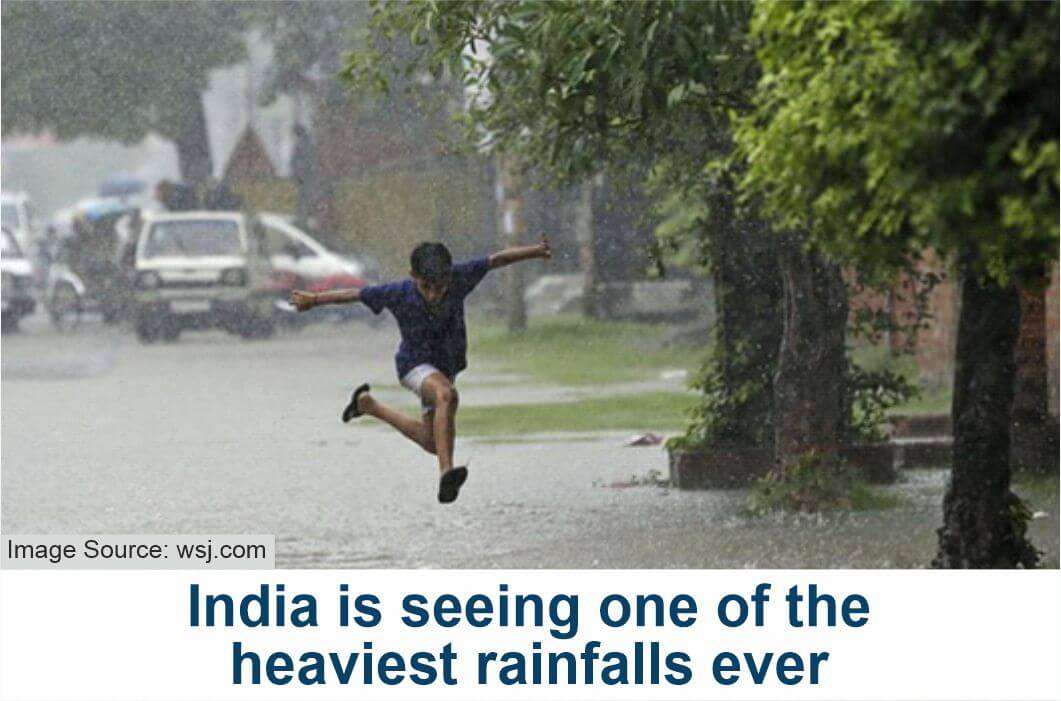As the monsoon begins, the rainfalls produce relief from the harsh heat during the summers. This transition is celebrated by many people as they believe that the weather marks the beginning of the pleasant times. The underlying belief held by many people is that as the dreadful summer ends, the rains bring a period of prosperity to the land. Hence, it is a sentiment of hope and joy.
But this feeling is also divided, some believe that when the weather provides rainfall that destroys the land instead of filling it and proves devastating rather than joyful, then it is the answer to the sins perpetuated by humans.

Although people are used to heavy rainfall during the monsoon season, it still sometimes catches them by surprise.
Heavy rain brings the potential for flash floods, mudslides, and other natural disasters. It also risks the safety of oneself and families and animals.
To be safe during heavy rainfall, follow these helpful tips for you and your pets.
1. Plan a healthy and balanced diet
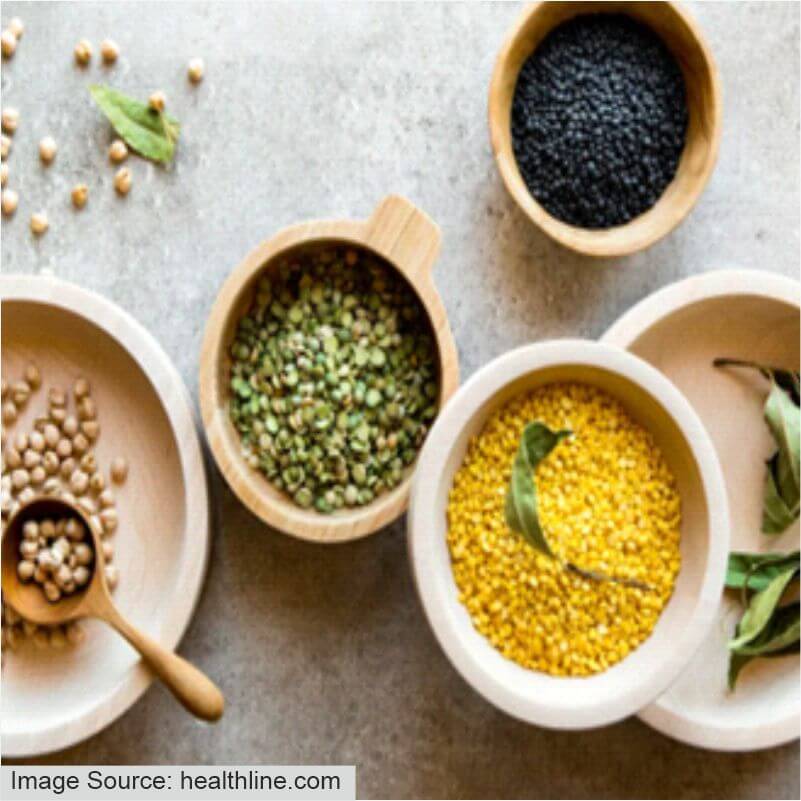
To maintain safety during heavy rainfalls and other emergencies, plan a diet that includes foods that don't spoil quickly. Opting for items like canned goods, dry cereal, peanut butter, and snacks that will last a few hours without refrigeration. For perishable items, like milk and eggs, it’s appropriate to choose shelf-stable alternatives when available.
2. Stay indoors.
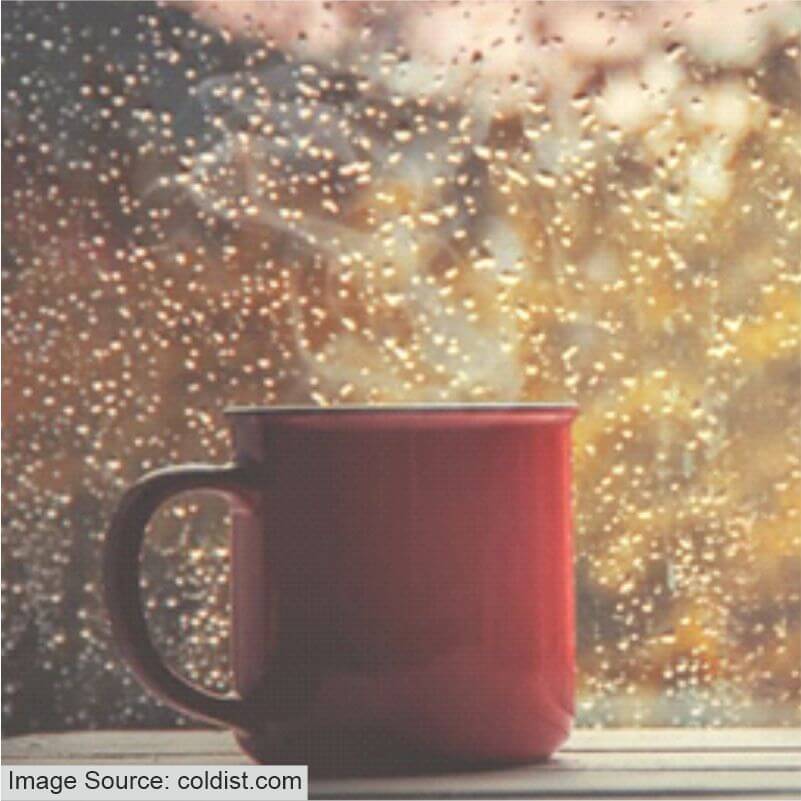
The best way to stay safe during heavy rainfall is to avoid going out when it's raining heavily. If going out can't be avoided for some reason, then wear rain gear and be sure to stay on high ground. Avoid floodwaters, as it can be full of debris. Be careful of downed power lines, and watch for slippery surfaces.
3. Use mosquito protection products.
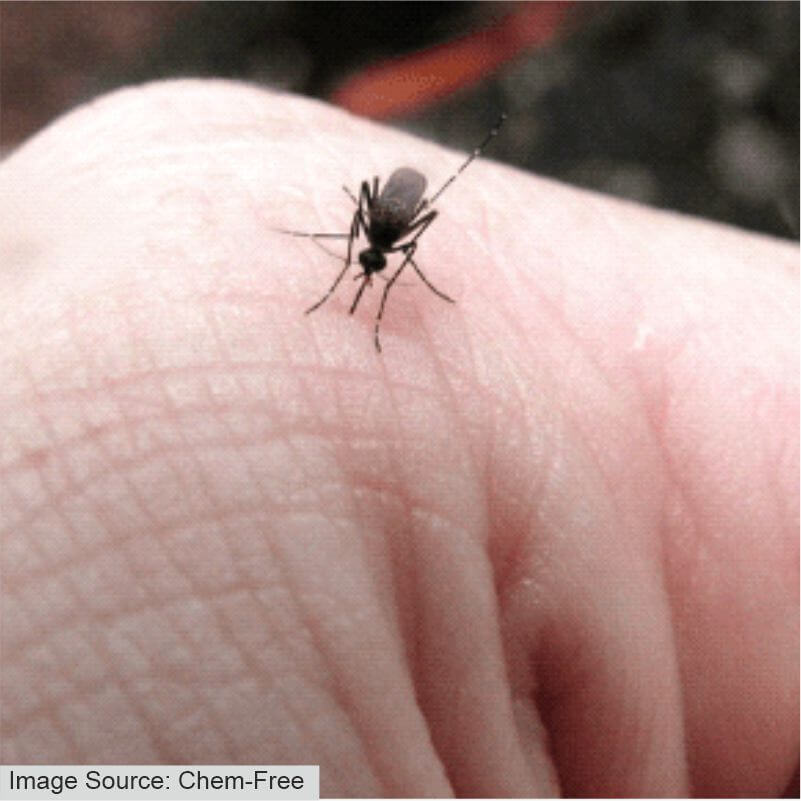
There is also a threat of mosquitoes. Mosquitoes carry diseases like dengue and malaria, so it's important to take steps to protect yourself from them. Use mosquito repellent products and apply moisturizers to keep your skin from drying out. If you have animals, make sure they are protected as well.
4. Follow local news stations.
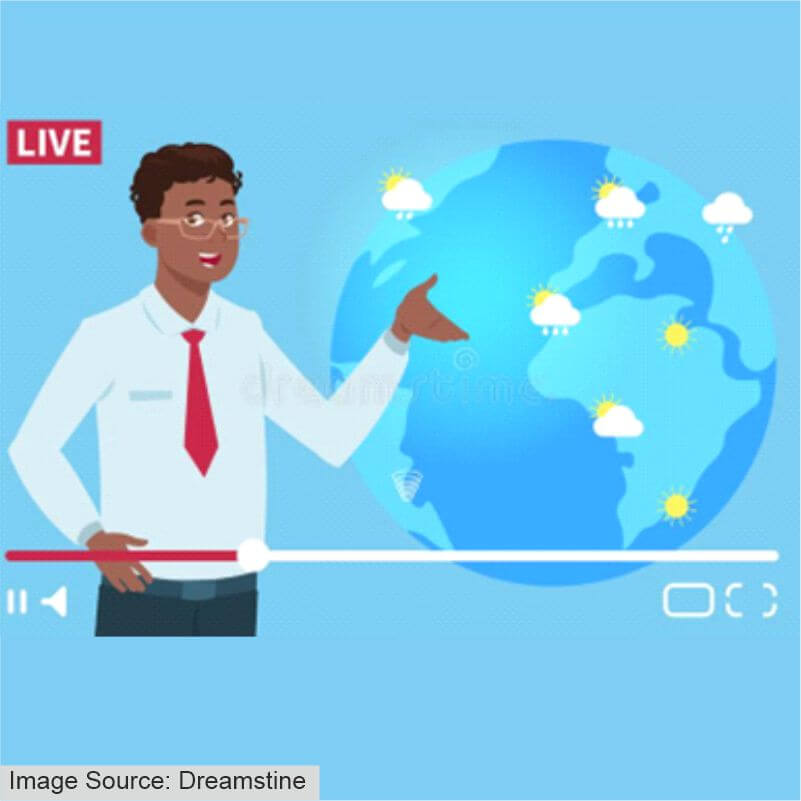
It's important to be aware of areas experiencing heavy rainfall. Local news stations will have the most up-to-date information on which areas are facing heavy rain. If traveling can’t be avoided for some reason, be sure to take safety precautions such as keeping an emergency kit in your car and avoiding flooded areas. If you come across a stranded animal, do not attempt to rescue it yourself; instead, call a professional who can safely remove the animal from the dangerous situation.
5. If you are near a storm, stay inside and avoid roads.
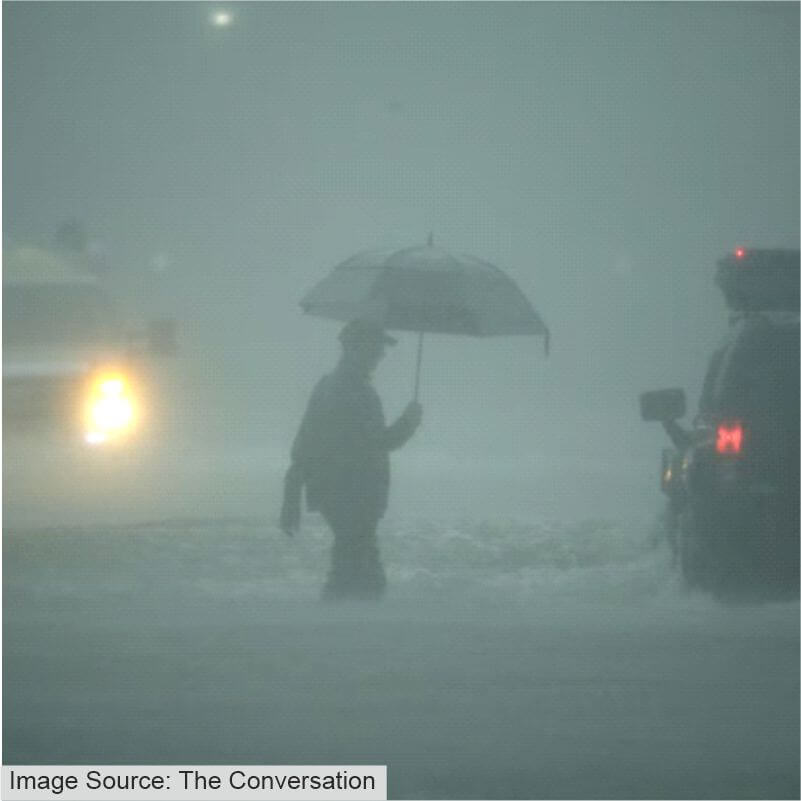
The best way to stay safe during a storm is to stay indoors. If you must go outside, avoid driving if possible. Be watchful of your surroundings and be prepared to help someone in need. If you see a downed power line, stay away from it and report it to authorities. Make sure you stay away from flood zones or low-lying areas during a downpour. Be aware of where your car is parked, as there may be more water on sidewalks than usual. Keep an eye out for flooding in buildings.
6. Wear Light and Clean clothes.
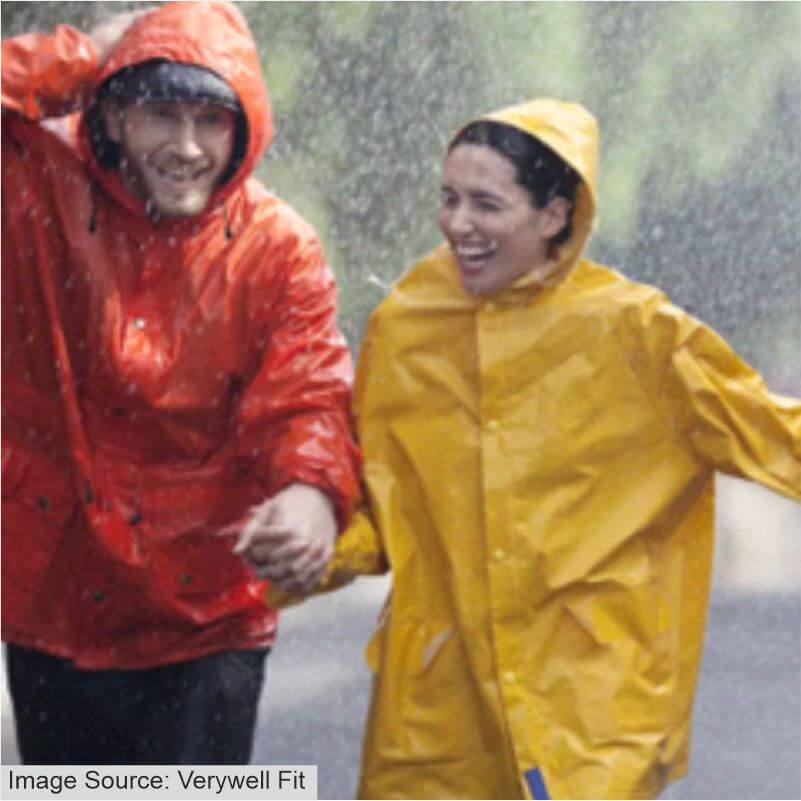
Wear light and clean clothes during heavy rainfall. This will help you move more easily if you need to evacuate and will also prevent you from getting cold or sick. Also, avoid wearing heavy clothes as they can restrict your movements when drenched.
7. Prevent animals from spending too much time in the cold.
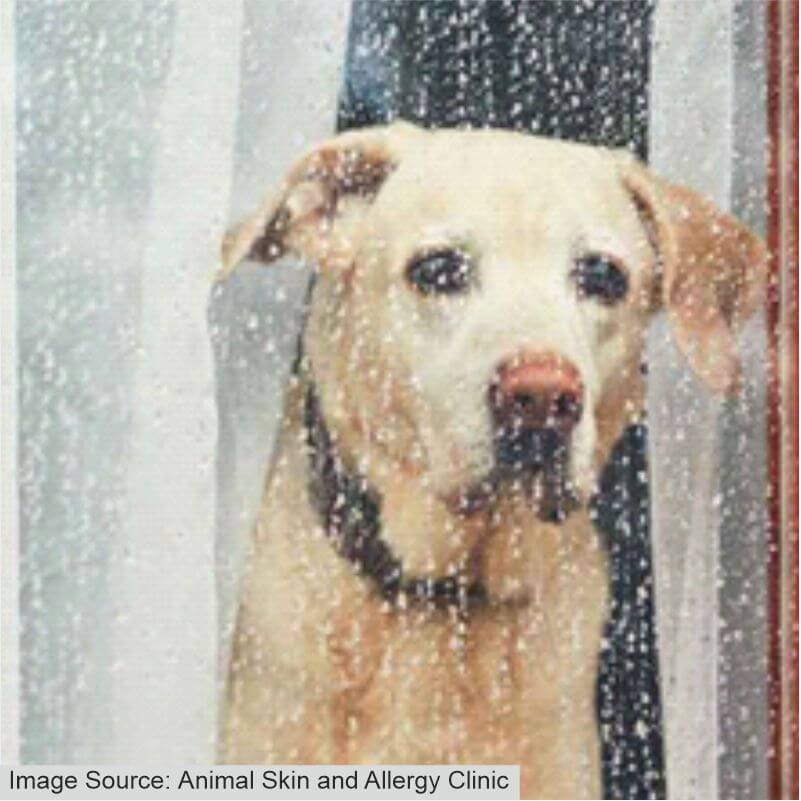
Heavy rainfall brings cold temperatures, so it's important to make sure animals are not exposed to these elements for too long. If possible, bring them inside or provide them with a warm, dry place to stay. Also, keep an eye on their food and water supply to make sure they don't run out.
8. Expose your pets/stray animals to sunlight whenever possible.

Exposing your pets or animals to sunlight will help as the constant dark and rainy weather can scare them. It will also help in calming them during the storm.
9. Get the necessary vaccinations from vets.
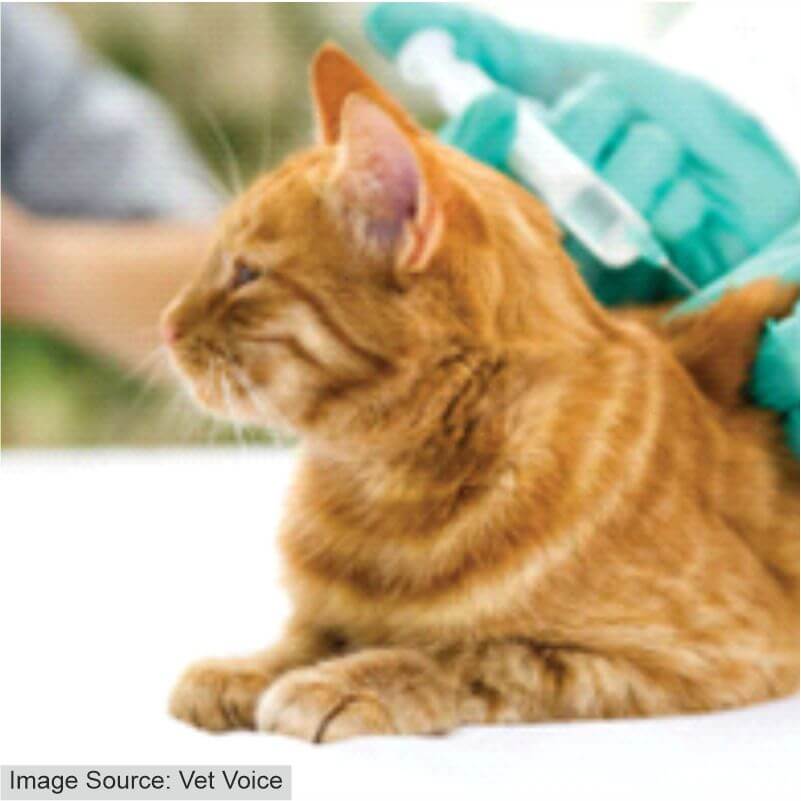
It's a necessary precaution as animals carry a lot of parasites and bacteria. Heavy rains can lead to stagnant water, which is a breeding ground for mosquitoes that can transmit diseases like dengue fever. So, get your pets vaccinated by vets.
It's fun to enjoy the weather, but these precautions are necessary to avoid any misfortunes. By following these tips, one can help themselves, their family members, and animals. If any unlikely situation arises, then please contact authorities that can help in such situations.
Below are the government emergency helpline numbers to contact. Mumbai Police: 100
Traffic Helpline Whatsapp Number: +91-8454999999
MCGM Helpline: +91-22-22684725, +91-22-22694727, 1916
